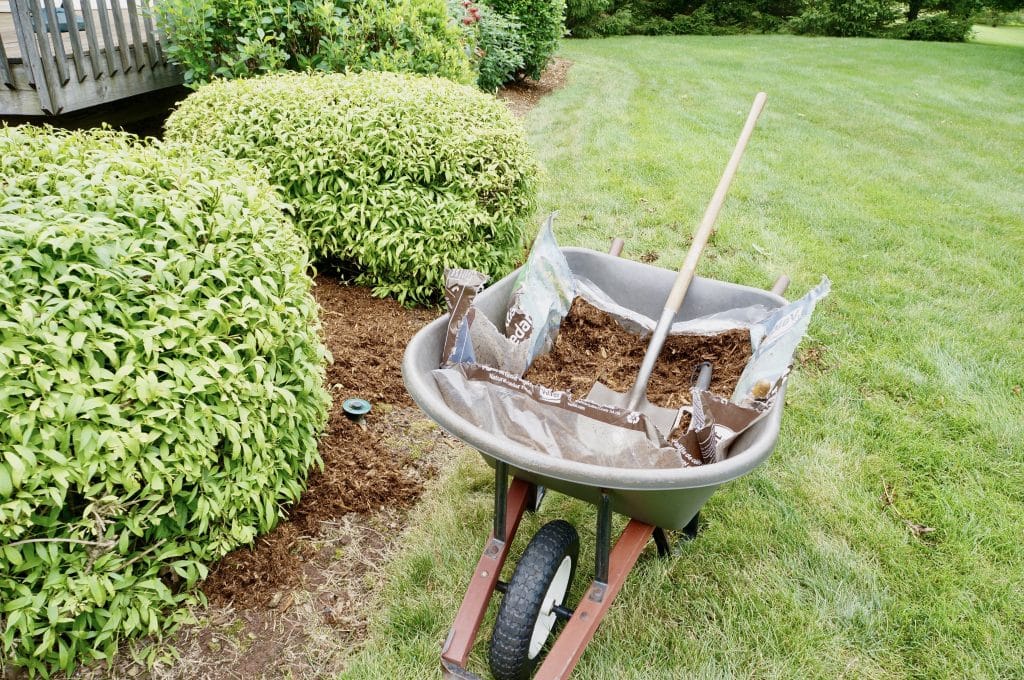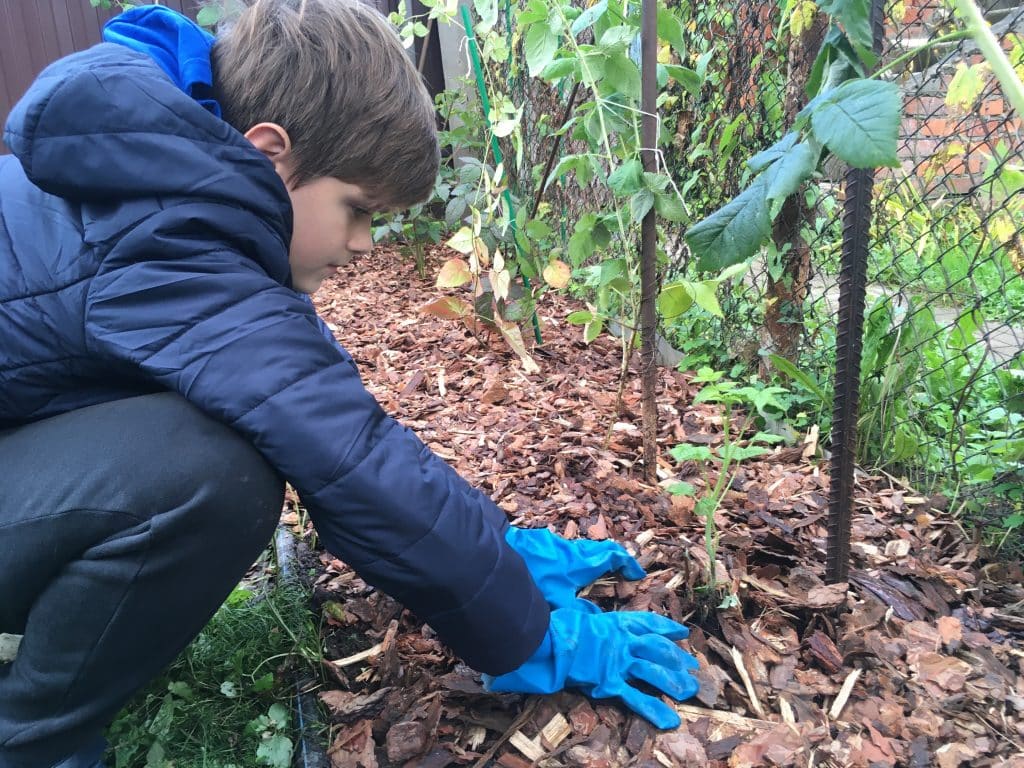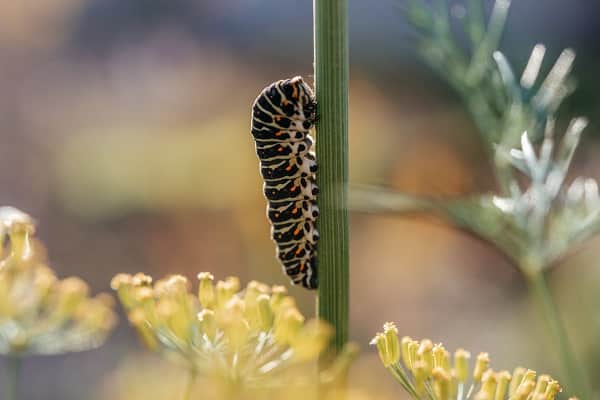Creating a compost pile is a great way to reduce waste and give back to your garden. But many people just starting out assume that composting is as simple as throwing some scraps in a pile and waiting for them to rot. In reality, there’s a bit more to it than that. If you want to start composting, there are a few things you need to know to have a successful compost pile. And this post is here to provide you with some amazing tips to do just that!
Contents
The Benefits Of Compost For Your Garden
Any gardener knows that healthy soil is essential for a thriving garden. However, maintaining healthy soil can be a challenge. Over time, nutrients can deplete, and the soil may become compacted. One way to address these problems is to add compost to the garden. Compost comprises organic matter, such as leaves and food scraps, that bacteria and fungi have broken down. This decomposition process adds essential nutrients to the soil, including nitrogen, phosphorus, and potassium. In addition, compost helps to improve drainage and aeration, making it easier for roots to access water and air. As a result, adding compost to the garden can help to ensure that plants have the resources they need to thrive.
Tips For A Successful Compost Pile
A compost pile is much more than a pile of rotting food scraps. There are a few things you need to do to create compost that is rich in nutrients. These tips will guide you through the process of creating a successful compost pile.
Choose The Right Location
If you’re thinking of starting a compost pile, there are a few things you should keep in mind when choosing the right location. First, consider how accessible the location will be. You’ll need to be able to add new material to the pile regularly, so it’s essential to choose a spot that’s easy to get to. Second, think about the size of the area you have available. A compost pile needs room to breathe, so it should be at least 3 feet wide and 3 feet deep. Finally, make sure the location you choose is in a sunny spot. The heat from the sun will help speed up the composting process. You’ll find the perfect spot for your compost pile with these factors.
Get The Right Compost Bin
For any gardener, having a good compost bin is essential. Not only does it provide a way to break down organic matter and create nutrient-rich compost, but it also helps to keep your garden tidy and smelling fresh. But with so many different types of compost bins on the market, how do you know which one is right for you? The first thing to consider is the size of your bin. A smaller bin will be sufficient if you have a small garden. However, if you have a larger garden or produce a lot of organic waste, you will need a larger bin. Another thing to consider is the material the bin is from.
A compost bin is an essential tool for any gardener, so choosing one that will be right for you is important. Some bins are made from plastic, while others are from wood or metal. Each material has advantages and disadvantages, so choosing one that suits your needs is essential. Finally, consider the type of lid that comes with the bin. Some lids keep rainwater out, while others allow air to circulate. Again, choosing a lid that suits your needs is essential.
Add The Right Materials To Your Pile
Adding the right materials to your compost pile is the most critical step for creating nutrient-rich compost to help your plants grow. There are four main categories of materials that you can add to your compost pile: green materials, brown materials, bulky materials, and nitrogen-rich materials. Green materials include things like grass clippings and kitchen scraps. Brown materials include things like leaves and twigs. Bulky materials help to aerate the compost and include straw or wood chips. Nitrogen-rich materials provide essential nutrients for plant growth, including manure or coffee grounds. Adding a mix of these different types of materials to your compost pile can create rich, healthy compost that will help your plants thrive.
Create The Right Balance
When building a compost pile, it is good to understand the science behind decomposition. Composting is the process of allowing organic materials to break down into nutrient-rich soil amendments. To create the perfect environment for decomposition, you must achieve the right balance of carbon and nitrogen. While the last section touched on some of the different materials you can add to your compost pile, it’s essential to understand that not all materials are created equal. Carbon-rich materials, like leaves and twigs, take longer to break down than nitrogen-rich materials, like kitchen scraps. By adding the right carbon to nitrogen ratio to your compost pile, you can create an optimal environment for decomposition.
Aerate Your Pile
A healthy compost pile is vital to creating rich, nutrient-dense soil. However, a compost pile can quickly become anaerobic, meaning it no longer has enough oxygen to support the microbial activity that breaks down organic matter, leading to unpleasant odors and a slower decomposition process. One way to prevent anaerobic conditions in a compost pile is to aerate it regularly. You can do this by turning the pile with a shovel or pitchfork or adding material such as straw or wood chips that will help increase airflow. Aerating a compost pile is a simple but essential step in creating healthy compost that nourishes your plants and improves your garden’s overall health.
Add Some Helpful Creatures
You can’t go wrong with earthworms if you want to enlist some creatures to help your compost pile. These invertebrates are known to aerate the soil and improve its drainage. They also help to break down organic matter, making it more readily available for plants. In addition to earthworms, you might also consider adding ants to your compost pile. So, if you want to add some extra helpers to your composting efforts, consider earthworms and ants. These hard-working insects are excellent at breaking down leaves and other plant matter. Plus, they’ll help keep your compost pile from getting too wet or too dry.
Get Started On A Successful Compost Pile!
Following these simple tips, you can create a successful compost pile to help your plants grow and thrive. And while it may not turn overnight, with a little patience, you can create nutrient-rich compost that will improve your garden’s health for years to come. Just be sure to give it some TLC, and your compost pile will return the favor by giving your plants a much-needed boost! So get started today and see the difference that composting can make in your garden.






